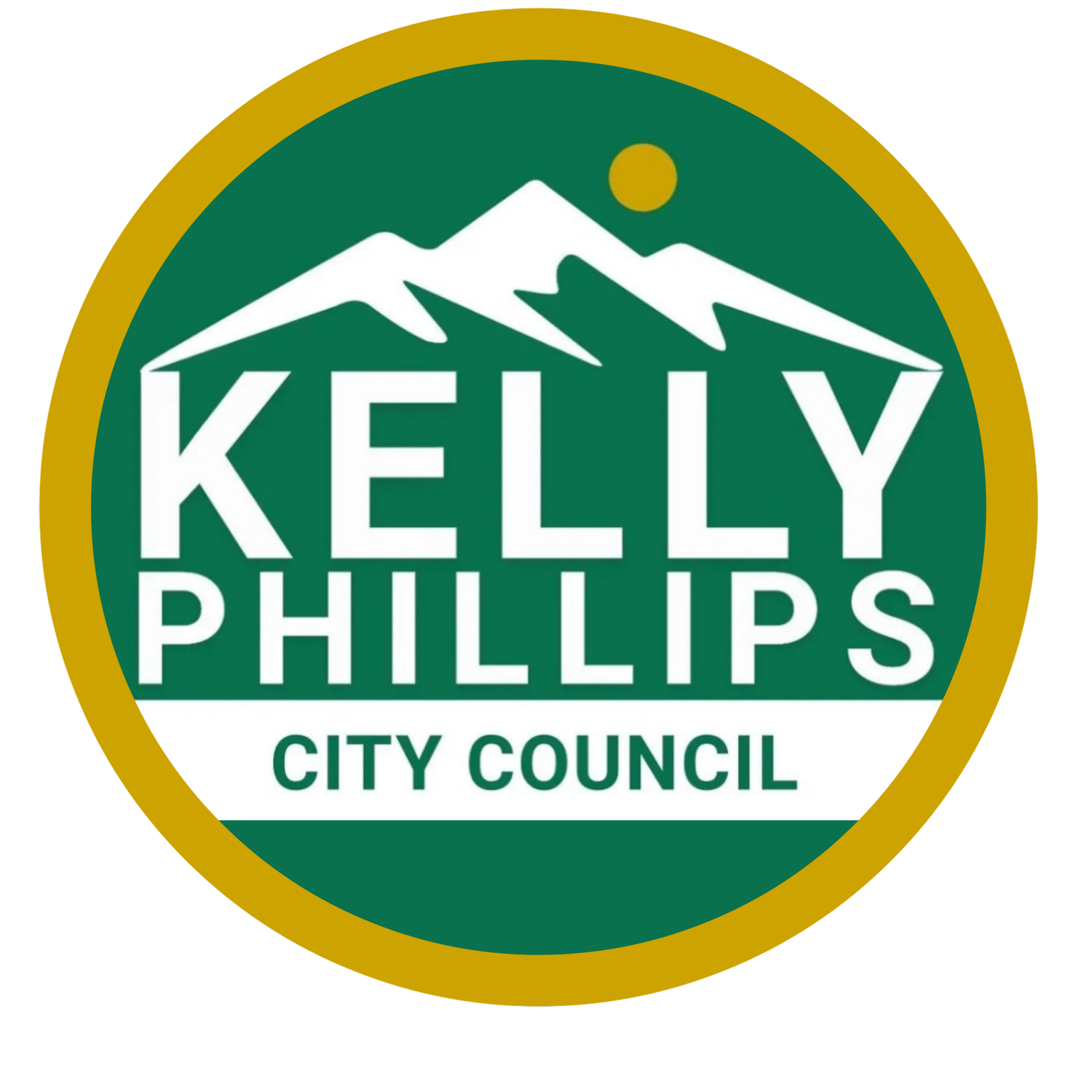A Call for Fiscal Responsibility, Planning, and Responsible Leadership
As Steamboat Springs navigates a period of significant growth and change, the need for thoughtful, responsible leadership has never been more apparent. Candidate Kelly Phillips offers a clear and compelling vision for the city's future, one built on the core principles of careful, transparent budgeting, responsible management of vital public resources, and long-term planning. This approach is not merely a set of policies, but a philosophy of governance that prioritizes the public good and respects the trust placed in city officials by its citizens. By avoiding “blank checks” and insisting on clear outcomes for taxpayer dollars, Phillips aims to foster a more accountable and effective city government, ensuring that Steamboat’s future is built on a solid, sustainable foundation.
At the heart of Phillips's platform is the demand for transparent budgeting. For many residents, the city's financial decisions have become opaque, leading to public skepticism and frustration. Phillips, a longtime business owner, understands that a city’s budget is more than just a list of numbers; it is a moral document that reflects the community's priorities. He argues that every dollar spent should be scrutinized, and that the public has a right to know how their taxes are being used. By opening up the budget process and inviting greater public participation, Phillips seeks to restore trust and re-engage citizens in the civic process. This approach is rooted in the simple but powerful idea that when taxpayers can see their money at work, they become more invested in the success of the city as a whole.
This emphasis on transparency is directly linked to Phillips's call to avoid "blank checks." He argues that large-scale projects and initiatives must be subjected to rigorous oversight, with clear, measurable outcomes defined from the outset. Phillips has been a vocal critic of previous city decisions that he believes lacked sufficient public input and financial scrutiny, most notably concerning the Brown Ranch housing proposal. This experience reinforced his belief that city leadership should resist the temptation to rush into major commitments without a comprehensive understanding of the costs and consequences. His position is a commitment to good governance, where the city invests in projects that have a demonstrable return for the community, rather than simply throwing money at problems and hoping for the best.
Furthermore, Phillips stresses the urgent need for thoughtful, long-term planning over short-sighted, reactive decision-making. He argues that the city has too often been caught in a cycle of reacting to immediate crises rather than proactively addressing underlying challenges. This reactive stance, he believes, has led to a neglect of existing infrastructure and a failure to adequately prepare for future needs. For Phillips, a long-term planning framework would allow the city to address complex issues like housing, transportation, and natural resource management in a holistic and sustainable manner. Instead of making hurried decisions under pressure, the city would be able to develop a comprehensive strategy that serves the interests of both current residents and future generations.
Finally, Phillips's focus on responsible management of vital public resources reflects a deep-seated commitment to environmental stewardship and fiscal prudence. As a member of the city's Parks and Recreation Commission, he has firsthand experience in balancing competing needs while ensuring that existing amenities are not neglected in favor of new projects. This perspective informs his broader view of resource management, urging the city to be a good steward of its financial, environmental, and community assets. In a city like Steamboat, where a high quality of life is tied to its natural beauty, this approach is not only fiscally responsible but also culturally essential.
In conclusion, Kelly Phillips's platform is a refreshing and principled call for a return to common-sense governance. His emphasis on transparent budgeting, careful resource management, and long-term planning offers a clear alternative to what he sees as a reactive and opaque status quo. By insisting on accountability for taxpayer dollars and a thoughtful approach to future challenges, Phillips promises to be a leader who puts the community first. For the citizens of Steamboat Springs, his vision offers a path toward a more accountable, sustainable, and prosperous future.

